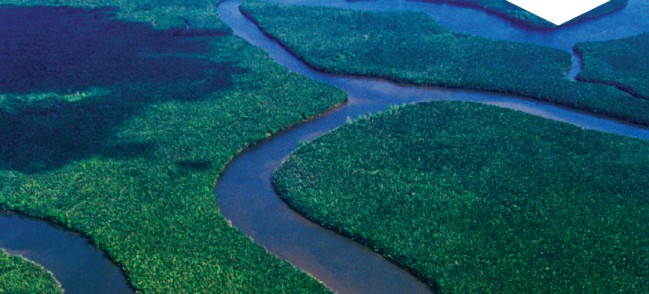The great Okavango Delta is fed by seasonal rains that fall in southern Angola, sending waters on a 1 200-kilometre journey to the basin that holds the Okavango. But with predictions of rising temperatures in the west of Southern Africa, will the waters still come? And will they be as massive and awe-inspiring, filling the basin with enough water to protect and maintain the Okavango ecosystem? Or are we likely to see floods even bigger than the ones that occurred from 2009 to 2011?
Dr Piotr Wolski, senior research officer in the Department of Environment and Geographical Science, together with Professor Bruce Hewitson, director of the Climate System Analysis Group (CSAG) at UCT, and colleagues in the USA, have laboured over models of the delta’s future, and have concluded that more severe flooding is unlikely, despite the general prediction that anthropogenic climate change leads to an increase in frequency and magnitude of extreme weather events such as floods.
According to their paper, published in the Journal of Hydrology in January 2014, greenhouse gas emissions have in fact substantially reduced the chance of the floods. “The air is warmer in the climate we are experiencing and the river takes a long time to flow down to the delta,” explains Dr Wolski, “so you get more evaporation occurring before the river even reaches the delta, and thus fewer high floods.” However, natural variability in the system means that above-average flooding will continue to occur.
“If not for climate change,” says Dr Wolski, “the Okavango system would have experienced even larger flooding from 2009 to 2011 than it actually did.” However, he said that in the long term, the delta was likely to shrink somewhat in size.



Comments are closed.